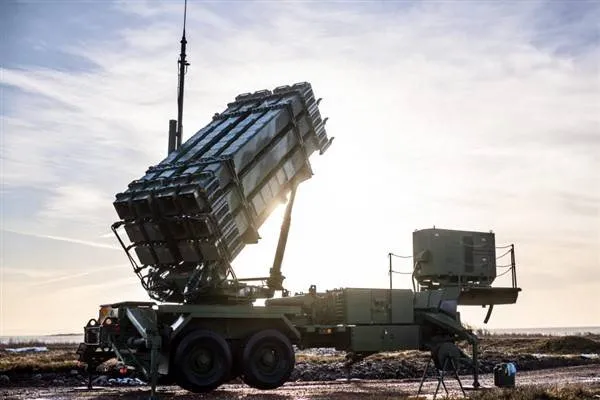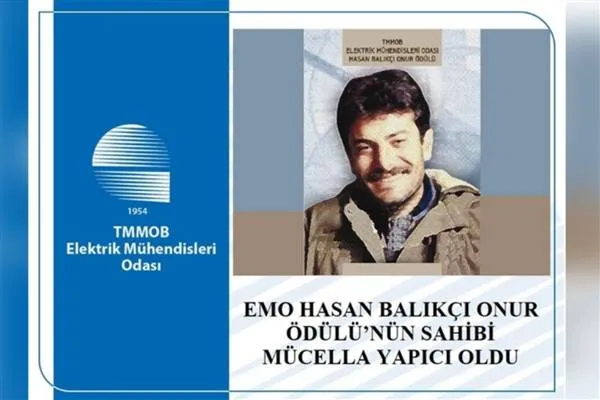WSJ: Israel-Iran conflict reveals shortcomings in US missile defense systems
Stockholm, July 25 (Hibya) – The Wall Street Journal, citing Pentagon officials, wrote that the brief conflict between Israel and Iran in June revealed deficiencies in the US missile defense systems and the US military's inability to use these missile defense systems effectively.
WSJ wrote, "The war exposed a concerning gap in US missile defense systems. The US also detected signs of inefficiency in the use of missile defense systems and is testing the effectiveness of some of these systems."
According to the newspaper, some Pentagon officials believe that, given the widespread use of cheap and high-capacity ballistic missiles worldwide, US missile defense is struggling to meet the challenges of the times.
US officials told the newspaper that operators of the US Thaad air defense missile system used more than 150 missiles during the 12-day war between Israel and Iran. This accounts for about a quarter of all missile defense systems the Pentagon has purchased to date. An expert said that replenishing these stocks could take more than a year.
The newspaper also added that missile demand was at one point so high that the Pentagon planned to redirect missile defense systems purchased by Saudi Arabia from the US to Israel.
Additionally, according to the report, the Pentagon suspects that the ship-launched SM-3 missile defense systems did not destroy the expected number of targets.
Israel accused Iran of running a secret military nuclear program and launched an operation against Iran on the night of June 13.
The two sides exchanged strikes for 12 days, and the US launched a one-time strike on Iran's nuclear facilities on the night of June 22. Tehran later launched missile attacks on the US Al Udeid base in Qatar on the evening of June 23 and stated that the Iranian side did not intend to escalate tensions further.
US President Donald Trump later stated that Iran's attack on the US military base in Qatar "vented its pressure" and expressed hope that a path to peace and harmony in the Middle East is now possible. He also stated that Israel and Iran agreed on a ceasefire, which would mean the official end of the 12-day war after 24 hours.
British News Agency
















